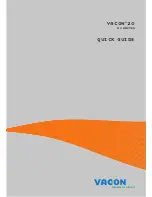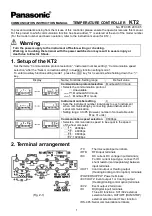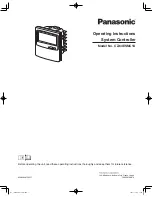
Hardware Installation and User’s Guide
21
Hardware Specifications and Features
3.2
Operating System Support
The following operating systems are fully validated and supported:
•
Microsoft* Windows* 2000 Advanced Server, Service Pack 3
•
Novell* NetWare* 6.0
•
SCO* Openserver* 5.0.6a
•
Red Hat* Linux* 7.2 (2.4 kernel)
•
SCO UnixWare* 8.0
•
SuSe Linux 7.3 Professional
The following operating systems are supported with limited compatibility validation:
•
Windows 2000 server
•
Windows NT 4.0 Server and Enterprise Server, Service Pack 6a or higher
•
Novell NetWare
*
5.1 (support pack 2a or higher)
•
Linux (2.4 kernel)
— Red Hat Linux 7.1
— Debian* Linux 2.2r6
— Caldera* Linux 3.1
— Mandrake* Linux 8.1
— TurboLinux* 7.0 Server
•
SCO UnixWare 7.1.1
•
FreeBSD* 4.4 and 4.5
•
Linux (2.2 kernal)
— Red Hat* Linux 7.0
3.3
Supported SCSI Technology
The RAID controller supports up to 15 physical SCSI devices per SCSI channel. It
supports up to 15 hard disk drives (or 14 hard disk drives if one of the SCSI IDs is
occupied by a SAF-TE processor) per channel, which means that the dual channel
GDT8514RZ and GDT8114RZ controllers can support 30 disk drives maximum.
3.3.1
Supported Hard Drive Technology
The controller supports both
Single-ended (SE)
and
Low Voltage Differential (LVD)
devices but it is recommended that you use only one type of drive technology (SE or
LVD) on any one channel at a time. See
Table 3-3
for the Supported SCSI Device
Standards. The controller is designed to optimally utilize Ultra320 SCSI devices; yet it is
backward compatible with older SCSI hard disk drive specifications.














































